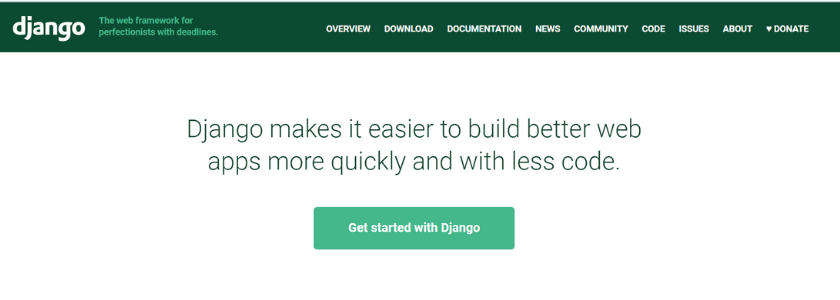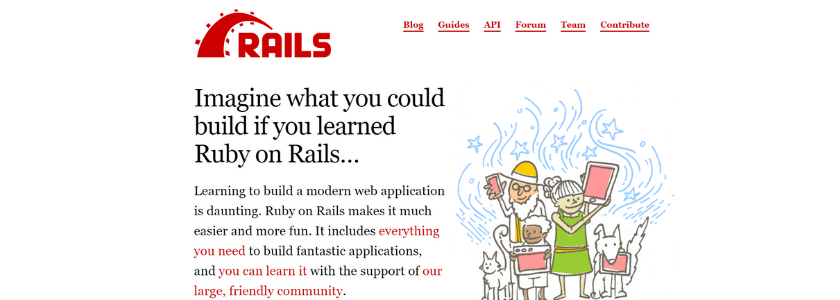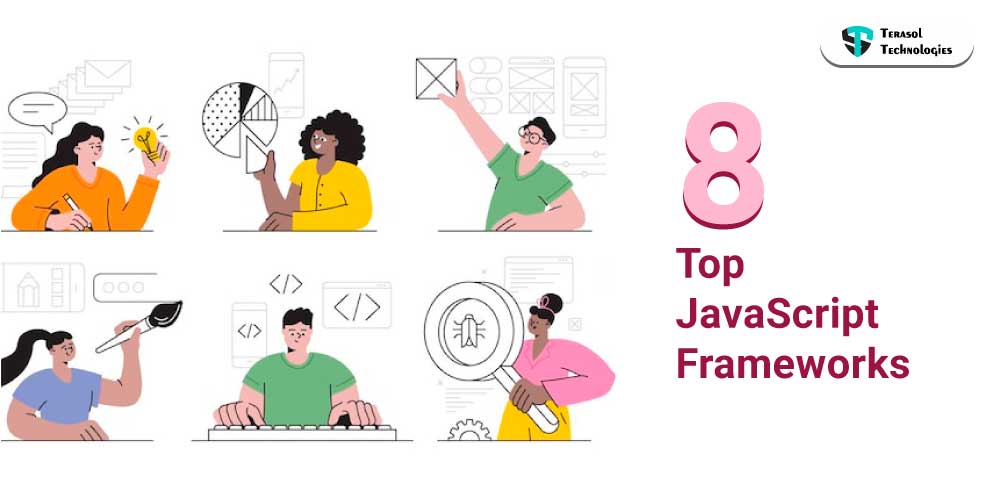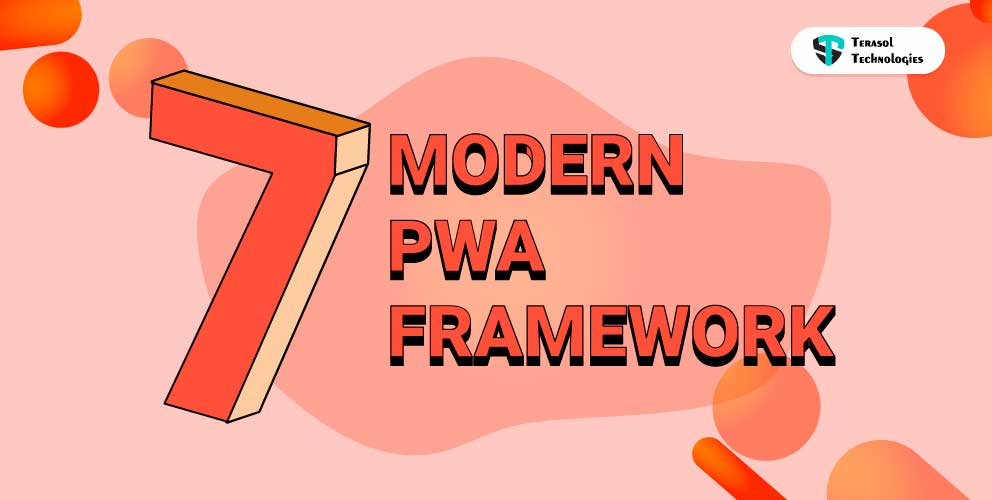RoR vs Django- The Best Web development Framework For 2022
The top two languages the come first to our mind while working on object-oriented programming are Python and Ruby. These programming languages when used in web development give us two frameworks that stand out from the crowd. Let's discuss the two best frameworks- Django vs Rails.
When you start a small business and your product gets user validation as your product hits the market, and now you want to scale it. Will it be possible without the support of back-end development?
A back-end application development is responsible for the functioning of the website from the server-side and protects it from bugs or from crashing.
So, you will need to select the best framework for web development that is suitable for you. A framework is a backbone for your web APIs, services, and all other web resources.
Django and Ruby on Rails are the two most preferred frameworks by developers all around the globe for web application development.
Before comparing them, let us be clear about what exactly they are.
What is Django Framework?

Django framework is a python- based, open-source, free web framework. Django framework is used to create a pragmatic design, that encourages rapid development. It simplifies the web development process of data-driven websites.
Pros:
- It is easily scalable and customization is simple.
- It has a highly effective admin panel.
- It has a state transfer representational structure.
- Highly compatible with any database and operating system.
- MVT is supported.
- It has an adapted battery included approach.
Cons:
- It's a monolithic structure.
- It is built on the Django ORM framework.
- It creates web application components that are tightly linked.
- It is inefficient at handling several requests at one particular time.
What is Ruby on Rails Framework?

Ruby on Rails framework is a server-side, general, and open-source web framework, created using a programming language called Ruby. ROR is popular as it has default services, structures, and pages. Rails framework is a time-saving framework for developers. ROR has launched various concepts like don't repeat yourself(DRY) and Convection over configuration or COC.
Pros:
- Migration and modification are simple.
- App creation at a high pace with a wide range of presets and tools
- Active Ruby On Rails community and developers provide a superior app testing environment.
- Effective functionality with minimal coding.
Cons:
- It is hard to create interfaces for programming applications.
- Quality and standard of documentation are different.
- Ruby's learning curve is very steep because of inter-dependent concepts.
- Complex view templates.
- The highly flexible syntax can lead it difficult to pass on the project.
Django vs Rails: What is the difference between these frameworks?

1. Language
We already know when it is Django vs Rails, the underlying language is the main difference between these two frameworks, that Django uses python whereas Rails uses Ruby. Both languages come under top programming languages. Python is for the ease of readability of code, clarity, and fast writing. On the other hand, ruby is for flexibility of coding and easy understanding of syntax.
The current version of these languages is Python 3.9.2 and Ruby 3.0.0.
2. User Interface
When we talk about the User interface, both have the best UI. These two web application development provides with high- class user experiences loaded with plugins and add-ons. Thus, the difference is not the type of UI but what is the best framework for web development for you and your product.
3. Architecture
Although both of them have a common is the model-view-controller as implementation. But on comparing Django vs Rails, there is a slight difference, for Django it is model-view-template or MVT wherein the model is for the database structure, view for URL dispatcher's regular expressions, and template for the Django template language.
4. Performance
Both the framework has faster run times and provide the best add-ons to optimize coding. But, it is found that Ruby on rails framework is faster than Django framework by some small percentage that is 0.7% because of rich libraries full of plugins that enhance the framework's performance.
5. Stability
In Django vs Rails, Python for Django sticks to the proven methods of solving complex problems and uses a conventional approach to provide stability. Whereas ruby can handle both creativity and stability by approaches like COC and let the developers reuse the already existing code to reduce the extra efforts and minimize dependencies.
6. Installation
When we compare installation for Django vs Rail, we have a winner that is Django. The process to install Django is super easy and it barely takes you a few minutes to completely install it. On the other hand, the Ruby on rails framework is installed in packages and requires knowledge of gems and bundles.
7. Syntax
Ruby's syntax is well-known for its adaptability and flexibility. This, however, is not usually connected with Ruby on Rails' benefits. It can cause issues and make it more difficult to pass the project on to other team members leading to misunderstanding because one feature might be accomplished in a variety of methods.
Python in Django, on the other hand, believes that there should only be one obvious way to accomplish a task, making the code easier to debug and read.
8. Security
We had to include the security factor in our Django vs Rails comparison because it is an essential component of every website or application.
This is a feature that Django has inherited from Python. In fact, NASA employs the Django Python framework, which is proof enough of its security. Django relies on middlewares, whereas Rails relies on active records. Django and Rails both have features to protect your Django app from SQL injection, cross-site scripting (XSS), and other attacks.
Overall, both the Django web development framework and the Ruby framework are secure and reliable options.
Which is the best web development framework for you?
The best framework for web development depends on multiple factors including what type of business application is it, competition, availability of resources or libraries, availability of time and humans as a resource, or ease of using plugins or add-ons.
Django framework is the way to go if you want to create complex database-driven websites and online apps in less time while also being efficient in system management, scientific programming, data analytics, and manipulation.
Ruby on Rails framework, on the other hand, aids in the development of database-backed web projects by giving programmers more usability and freedom. Ruby's flexibility makes it an excellent choice for meta programming and writing aesthetically beautiful programs.
So, your best pick depends on what your requirement is because currently, both are the best frameworks for web development.
Here we discussed the best back-end development framework Django vs Rails, to read about the front-end development check out ReactJS Or AngularJS: Which One Is Better Frontend Development Framework.
Without employing any broad in-house group, organizations can have every one of the benefits of web development by outsourcing.
Looking to build a startup? Or in need of a Web Development? Get an Estimate.


